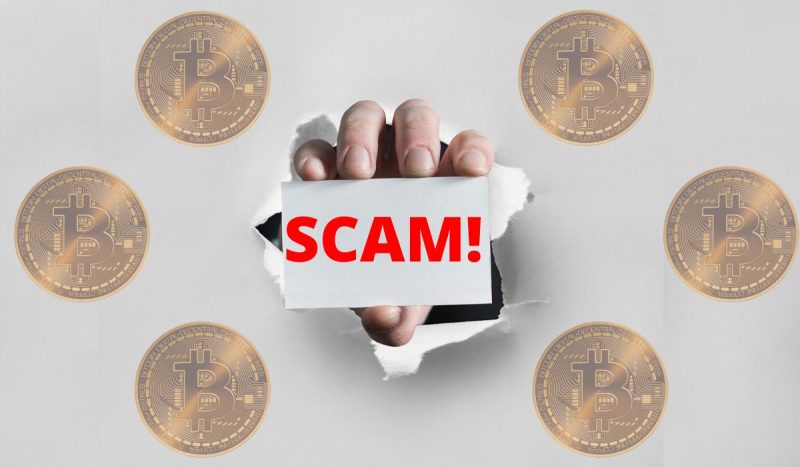In a shocking turn of events, a trader fell victim to an address poisoning scam, resulting in a monumental loss of $68 million in Wrapped Bitcoin (WBTC). This incident, one of the largest in the annals of recent cryptocurrency thefts, serves as a stark reminder of the persistent vulnerabilities plaguing the digital asset space.
Details of the Theft
Cyvers, a prominent on-chain security firm, uncovered and reported this significant security breach. Their investigation revealed an alarming transaction involving 1,155 WBTC from the wallet labeled “0x1E,” which saw over 97% of its assets wiped out due to this scam. The firm’s analysis, released on May 3, brought to light the mechanics of address poisoning—also known as address spoofing. This scam exploits traders’ haste and oversight by tricking them into sending cryptocurrencies to addresses that closely mimic legitimate ones but are controlled by fraudsters. This incident underscores the critical need for increased diligence in digital transactions.
Broader Impact on Cryptocurrency Security
Despite the substantial loss suffered by the trader, the general landscape of cryptocurrency security experienced a decrease in scam-related losses. April saw the lowest total of losses due to scams and hacks since 2021, with only $25.7 million reported—a significant decline from previous months. This decrease was primarily due to a notable reduction in private key compromises, which plummeted from 11 in March to just three in April.
Also Read: Coal Giant Alliance Resource Mines 425 BTC
Nonetheless, April was not devoid of controversies. The ZKasino gambling platform experienced a significant blow, with at least $33 million in digital assets vanishing in a fraud case. The incident led to the arrest of a suspect in late April. While not officially classified as a scam in the recent CertiK report, the ongoing investigation may reclassify this incident.
The Path Forward for Crypto Security
This substantial loss highlights the cunning tactics employed by digital thieves and serves as a crucial reminder for the cryptocurrency community to bolster security measures. As the digital landscape evolves, maintaining vigilance against such sophisticated scams is more important than ever, emphasizing the need for all traders to prioritize security in their digital dealings.
